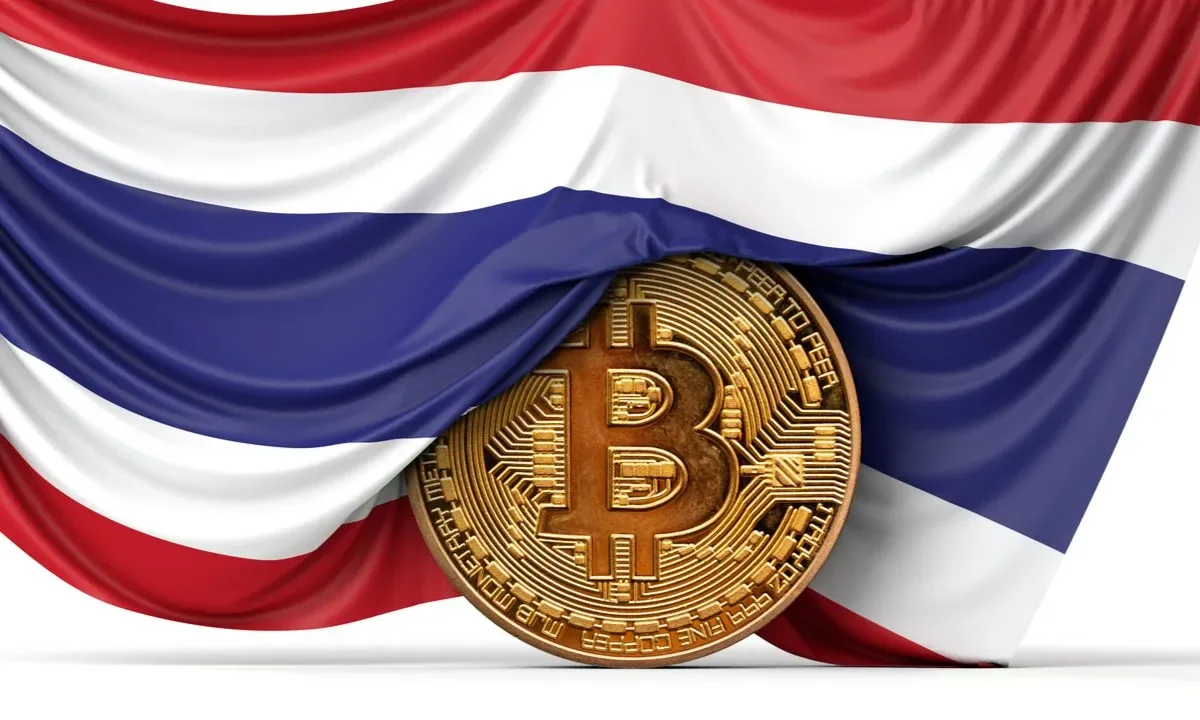The Thailand Securities and Exchange Commission announced Thursday its intention to restrict access to five prominent cryptocurrency exchanges beginning June 28, as part of an extensive regulatory enforcement campaign targeting money laundering prevention and retail investor protection.
The regulatory action specifically targets Bybit, 1000X, CoinEx, OKX, and XT.COM, all identified as operating without proper licensing authorization. These platforms have been providing trading services to Thai users through their websites without securing required regulatory approvals.
Legal proceedings have been initiated in collaboration with the Economic Crime Suppression Division, with regulators emphasizing their commitment "to protect investors and prevent illegal platforms from being used for money laundering by criminals," according to translated SEC statements.
Enhanced Legislative Framework Empowers Digital Asset Enforcement
The enforcement action follows Thailand's implementation of strengthened anti-cybercrime legislation in April, which significantly expanded regulatory authority over digital platforms. The Royal Decree on the Prevention and Suppression of Technological Crime granted the Ministry of Digital Economy and Society enhanced powers to rapidly block suspicious websites and platforms operating without authorization.
This legislative framework represents a fundamental shift in Thailand's approach to digital asset regulation, providing authorities with comprehensive tools to address unlicensed cryptocurrency operations targeting Thai consumers. The government has subsequently intensified enforcement efforts, specifically focusing on cryptocurrency exchanges operating outside established legal frameworks.
The broader regulatory scope now encompasses banks, telecommunications companies, and social media platforms, which can face accountability if they fail to prevent cybercrime activities within their networks.
Regulatory Innovation Balances Enforcement with Blockchain Development
Thailand's crackdown on unlicensed exchanges coincides with progressive blockchain initiatives in public finance. The Ministry of Finance introduced G-Token last month, a blockchain-based investment instrument enabling retail investors to purchase government bonds through tokenized securities.
The $150 million G-Token issuance represents Thailand's inaugural attempt at tokenized public fundraising, demonstrating the government's commitment to legitimate blockchain applications while maintaining strict oversight of speculative cryptocurrency trading.
Deputy Secretary-General Jomkwan Kongsakul confirmed that G-Token launches would occur exclusively through approved initial coin offering portals, with the Finance Ministry serving as the official registrar. However, regulators explicitly prohibited G-Token usage as a medium of exchange, creating clear distinctions between regulated digital assets and volatile cryptocurrency markets.
Complementing these initiatives, regulators have implemented comprehensive compliance requirements for digital asset firms, including enhanced customer screening protocols, accelerated suspension procedures for suspicious accounts, and expanded support mechanisms for fraud victims.
This balanced regulatory approach reflects Thailand's strategy of fostering legitimate blockchain innovation while aggressively pursuing unauthorized cryptocurrency operations that potentially expose Thai investors to financial risks and facilitate illicit financial activities.
 Nikolas Sargeant
Nikolas Sargeant






